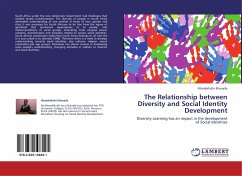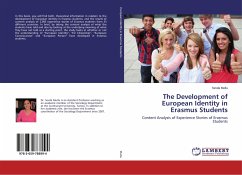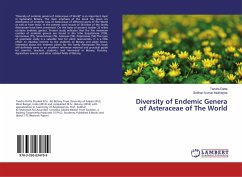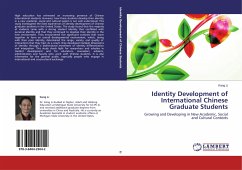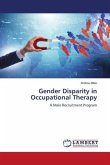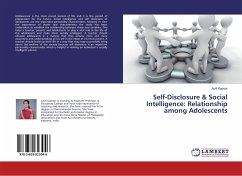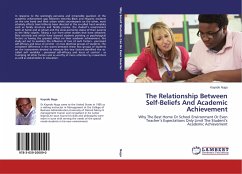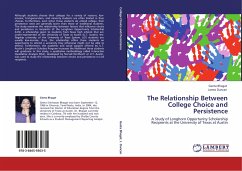South Africa under the new democratic Government had challenges that needed drastic transformation. The diversity of people in South Africa demanded understanding of one another in terms of race, gender and class. It was necessary for South Africans to be free from the legacy of apartheid that sanctioned seperateness of its people, and misinterpretations of social groups, emanating from unequal power relations, discrimination and prejudice related to various social identities. South Africa's constitution states that South Africa belongs to all who live in it and united in its diversity (1996). Therefore there is a need to develop understanding towards social identities, also cultures, religion, sexual orientation,and age groups. Education has shown success in developing some people's understanding, changing attitudes in relation to diversity and social identities.

